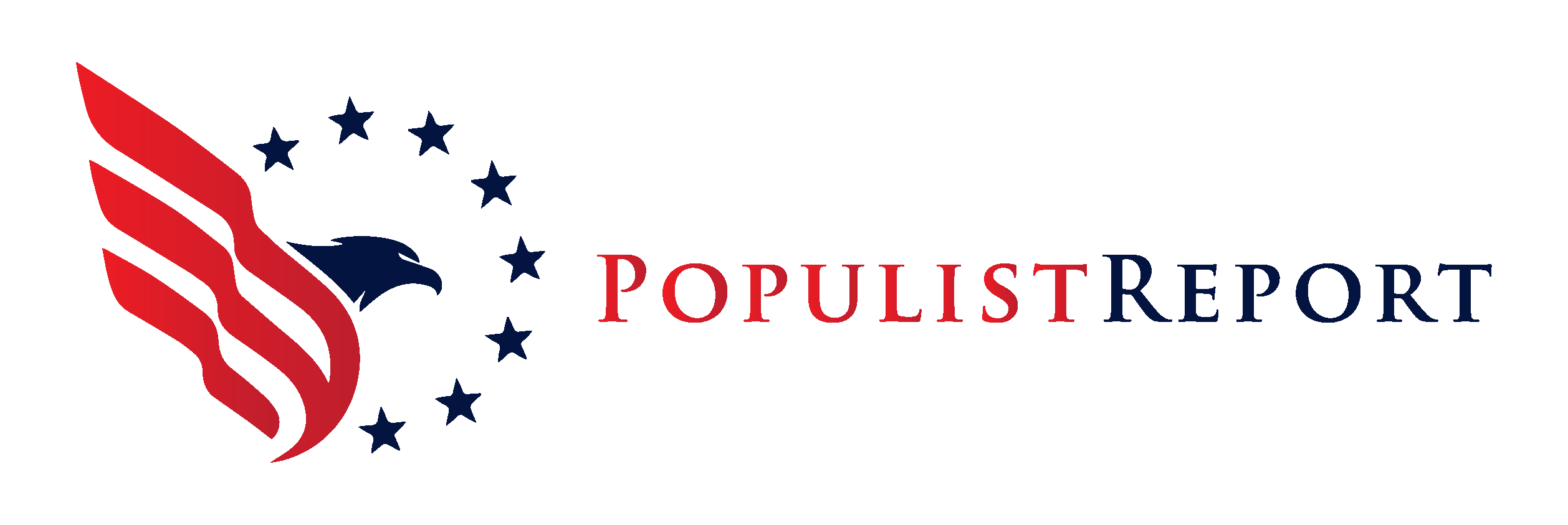Sen. Mark Warner’s recent statements about federal agencies resuming discussions with Big Tech platforms to combat “disinformation” ahead of the 2024 election have raised concerns about government-compelled censorship. The coordination between agencies like the FBI and CISA with social media companies to remove posts deemed as “disinformation” has sparked debate over free speech and the limits of government intervention in online content.
The FBI, in response to questions, affirmed its commitment to combatting foreign influence operations, including in elections, and stated that it shares foreign threat information with private sector companies, including social media platforms. However, specific details about when these communications resumed and which companies are involved were not disclosed, leaving questions about transparency and accountability.
Similarly, CISA declined to comment on the resumption of discussions but mentioned its participation in an upcoming Election Security hearing. The lack of clarity on how “disinformation” is defined and the criteria for removal from social media platforms has led to concerns about potential overreach and censorship of legitimate speech.
The ongoing legal battle in Murthy v. Missouri underscores the contentious nature of government-led censorship efforts. The case, which challenges federal agencies’ pressure on social media companies to censor speech, particularly related to the election, highlights the delicate balance between national security interests and protecting free expression.
Critics argue that government interference in online content regulation sets a dangerous precedent and encroaches on First Amendment rights. The injunction issued by U.S. District Court Judge Terry Doughty and upheld by the Fifth Circuit Court of Appeals indicates judicial recognition of these concerns but the Supreme Court’s lifting of the injunction has allowed government censorship operations to continue pending a final ruling.
The revelations about government agencies collaborating with Big Tech to stifle online speech deemed unfavorable or controversial, including efforts to censor reports critical of political figures, highlight the need for robust safeguards to protect free speech online while addressing legitimate national security threats.

